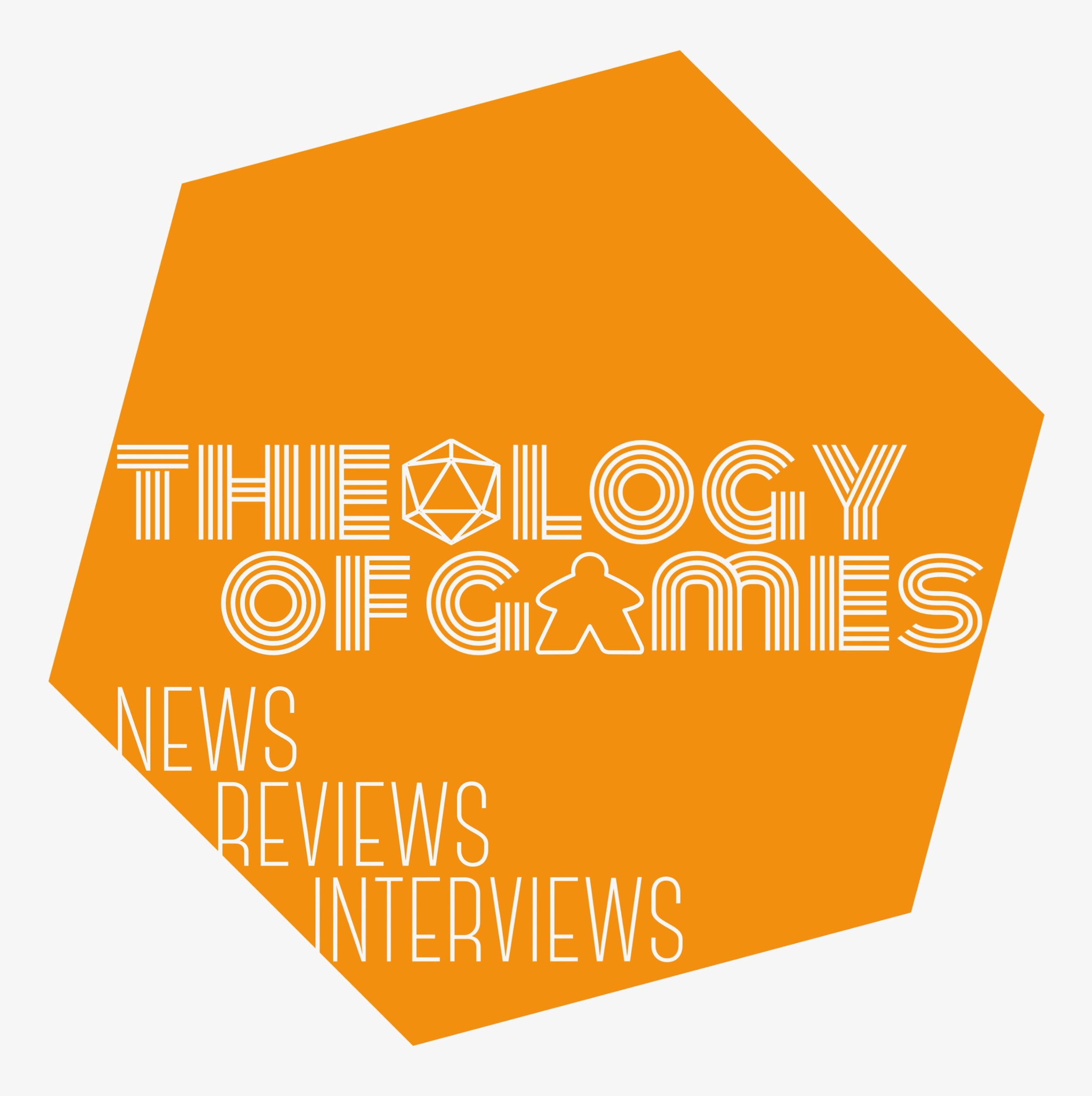Tinker, Tailor, Soldier, Assassin--A Single-Take Review of Codenames
/Today I (Firestone) am reviewing last year's hit party game Codenames, by designer Vlaada Chvatil. If you saw our Top 10 Games of 2015, you know that Codenames was my runner-up for Game of the Year. So I suppose that's a spoiler for how the rest of this review will go: It's an amazing game.
The Setup
Codenames comes with a boatload of double-sided Codename cards, all with a single word on them. You'll lay out cards in a 5 x 5 grid. These represent the codenames of 25 different secret agents.
You'll divide into two teams, and each team will choose a Spymaster, who will give clues and sit on one side of the table. The game also comes with a boatload of Key cards. These are cards that only the Spymasters can see. They reveal which agents on the table are Red, which are Blue, and which one is the Assassin. Depending on the Key card, one team will have 8 agents in the field and one will have 9. The team with 9 is considered the starting team and will go first, to allay the cost of having one more agent to identify.
Because there are so many Codename cards, and they're double-sided, and they can come out in so many groupings, there's a lot of replayability. And to increase that even more, the Key cards are not only all different, but each can be positioned on one of the four edges, creating different agent breakups.
The Gameplay
The point of the game is to get your team to identify every agent on your team. Teams alternate turns, starting with the team who has one more agent in the field. The Spymaster looks at his team's agents, and tries to come up with a one-word clue that can identify one or more of them. He says the word, and then how many Codenames he feels that applies to.
For example, if the Codename "Scorpion" was on your team, you could say, "Arachnid. One." As long as there are no other words that could be confused for an arachnid, your team will likely correctly guess that agent. But one-clue turns are SUPER inefficient. And, frankly, less fun.
The real fun comes in coming up with a clue that can apply to 3, 4, or even 5 of your agents. Of course, when you're trying to cover that many words, your clues will naturally be more of a stretch. So maybe three of your team's Codenames are "Scorpion," "Scale," and "Ambulance." One clue you could give there is "Poison. Three." Scorpion makes sense. Ambulance makes sense but is more of a stretch. Scale makes sense but is even more of a stretch. But it's certainly possible for a team to get the correct three Codenames from that clue.
Of course, what can further throw off your plans is the other Codenames. Because if your team picks a wrong word, your turn is immediately over. There are three "other" types of Codenames. The first is an agent from the other team. That not only ends your turn, but it counts as a revelation for the other team, so you've given them a freebie! Next are neutral agents. Your turn still ends if you pick one, but it's not as bad as picking an agent from the other team.
The third type is what makes Codenames more than just an awesome game, and takes it into Instant Classic territory: the Assassin. There's one Codename on the board that will instantly end the game for the team that picks it. So for every clue you give, you have to make sure it applies to your team's Codenames, doesn't apply to the other team's Codenames, and really REALLY doesn't apply to that Assassin. It's brilliant.
There are a few rules concerning what, exactly, you can give as clues, how the Spymaster has to give clues (with a neutral face and a neutral voice), and how many guesses each team gets. The rules concerning the number of guesses are especially confusing for first-time players. It's the only thing that keeps this from being a 10 for me. When I explain it to nongamers, I generally get blank stares, and have to explain it a number of times throughout the game. I understand the rules. I agree with the rules. They're just difficult for some people to resolve.
The game ends once a teams' agents are all known.
The Verdict
The first time Codenames showed up at game night, we played it for five hours straight. It plays quickly, and it's easy to set up a new one. And it's fun. But not just for nongamers. This is one of the few "party games" that satisfies gamers, too. It's just so exhilarating to come up with a clue that applies to four different Codenames. And it's so frustrating when the first word your team touches belongs to the other team.
It works because there's shared knowledge among people--especially people who share an affinity for a certain pursuit, such as games, science fiction, fantasy, etc. But you still can't take into account life experiences. Or deficiencies in knowledge. Or maybe someone watched a commercial that morning that sets their mind in a completely different direction. You just can't be sure, and that's what makes it fun.
Firestone's Final Verdict--Codenames was my runner up for Game of the Year. It works with nongamers and gamers. It plays in 20 minutes. And it retails for $20. This game belongs in every collection everywhere. Bring on the expansions!
What are your thoughts on Codenames? Let us know in the comments. Thanks for reading!

















